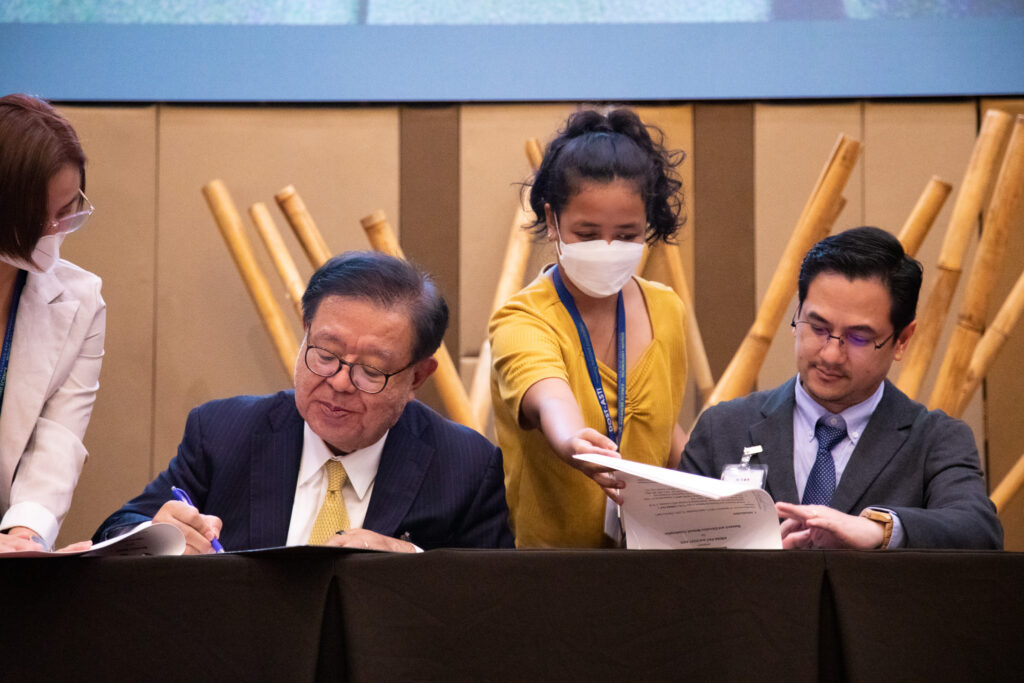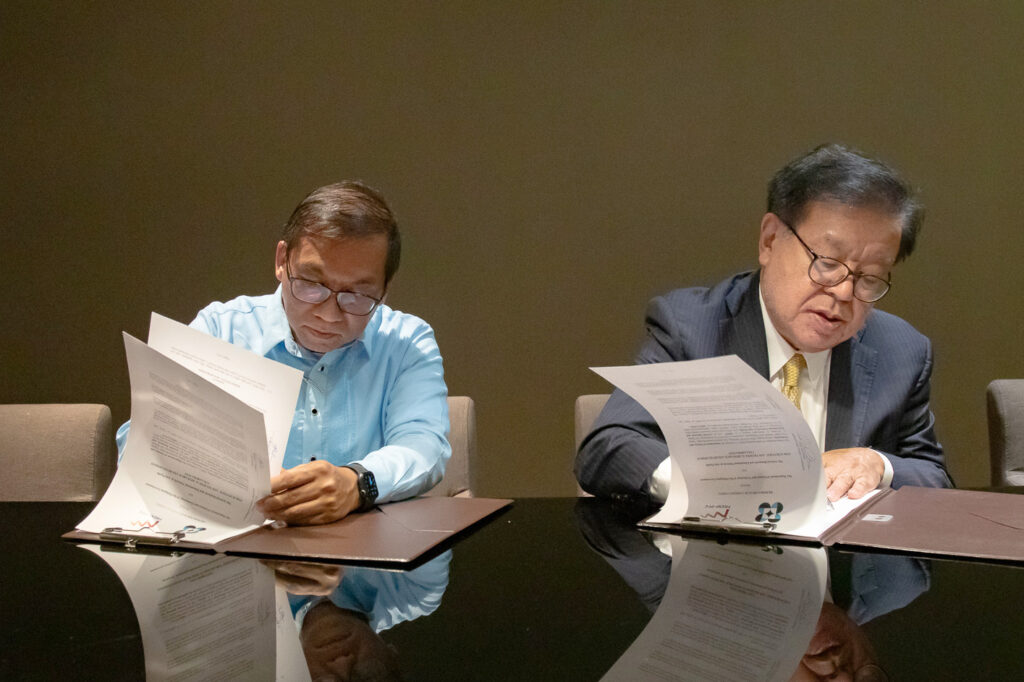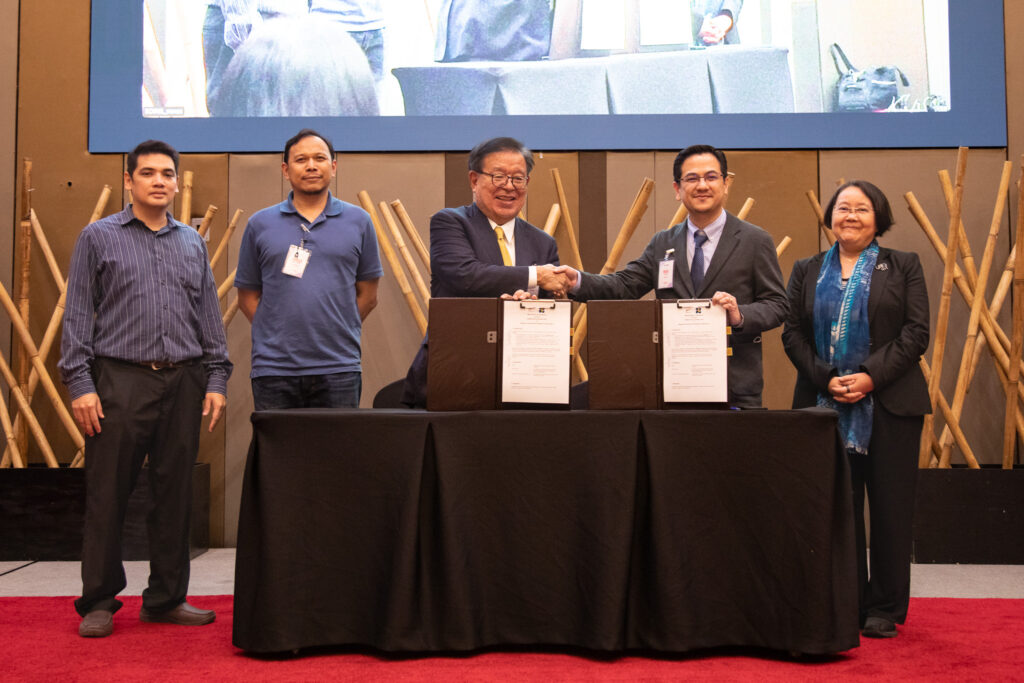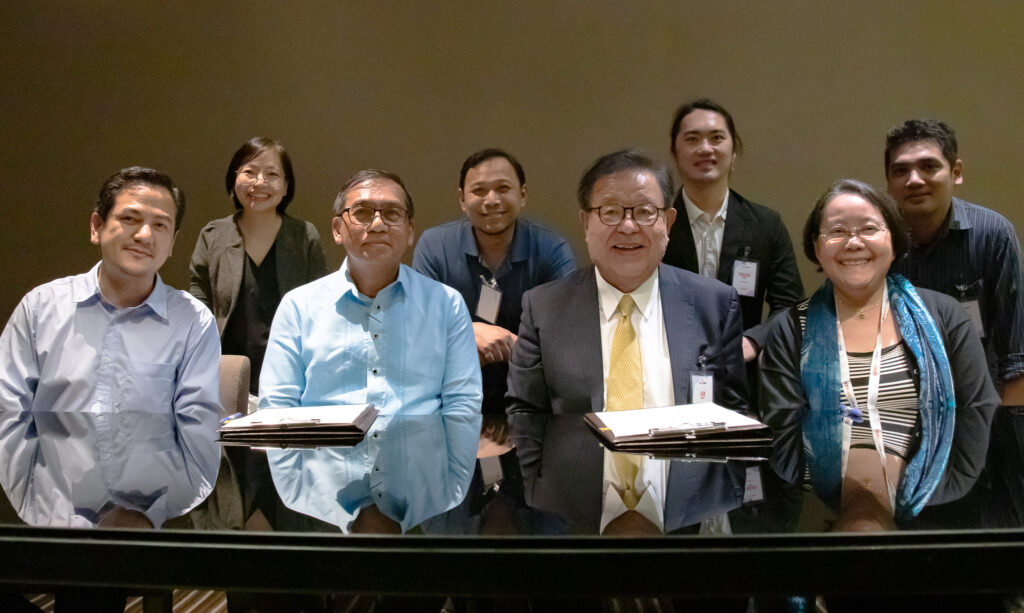November 17, 2022
The Philippines’ national research and education network (NREN) received a big boost as Prof. Jun Murai of Keio University, fondly known as the Internet Samurai, chose the Philippines as one of the pilot countries to be connected to the Arterial Research and Educational Network in the Asia Pacific (ARENA-PAC). In a Memorandum of Understanding (MoU) Signing Event, ARENA-PAC represented by Prof. Murai, and the Department of Science and Technology Institute (DOST) represented by Secretary Renato Solidum, Jr., inked a deal that would link the Philippine Research, Education and Government Information Network (PREGINET) to a global NREN hub located in Guam, in order to connect the country to the ARENA-PAC. Prof. Murai, considered the father of Japan’s internet, has been instrumental in building network testbeds all over the Asia Pacific region, in order to facilitate innovation and next-generation technologies on the global internet.


ARENA-PAC is a backbone network composed of several 100Gbps circuits linking Tokyo, the Philippines, Indonesia and Singapore to a central hub in Guam. More countries are expected to join in the future.
Prof. Jun Murai, Co-Director of ARENA-PAC, expressed his appreciation and respect for the ASTI’s role in developing the Asia Pacific region’s research and education internet and its impact on industrial and commercial internet development. In his speech, he said
“This new process of ARENA-PAC, working with DOST-ASTI for high-speed additional internet connectivity, is a starting point of the next phase of contribution to the advanced science and technology development not limited to the Asia Pacific region but also the global research and education community. Using this opportunity, I look forward to working extensively with the Philippines’ science and education community.”
DOST Secretary Solidum said that he looks forward to the connectivity and expressed appreciation for the partnership with AI3 and SOI Asia. In his message during the event, he said “These kinds of collaboration are important for the country, especially for research and development where it is important to work together with other countries in the Asia-Pacific region. This collaboration with our Japanese counterparts is especially significant because this is really a result of DOST-ASTI’s long-standing partnership with them. Nurturing relationships with our collaborators are essential because any cooperation activities will be built on trust and a good working relationship.”
ASTI Director Franz De Leon in his message, shared that ASTI’s partnership with AI3 and SOI Asia set in motion the conceptualization of PREGINET. According to him,
“PREGINET has been catalyzing research and education activities over the country, serving as the precursor to the conglomerate of science infrastructures that ASTI maintains. Through these science infrastructures, several research activities have been carried out in the areas and applications of Disaster Risk Reduction Management, Bioinformatics, Health, Distance Learning. Members and partners of PREGINET can look forward to the benefits offered by the ARENA-PAC – being able to maximize research possibilities and forging fruitful collaborations within the networked world.”
The ARENA-PAC project is funded by the Asia Pacific Development Trust (APIDT). It is being operated by the WIDE Project of Japan with the support of the Asia Pacific Network Information Center (APNIC).

